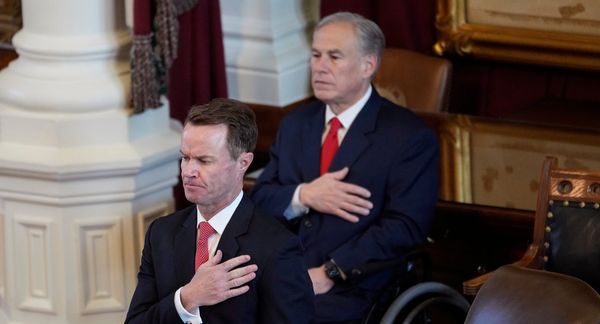Confidence among Colorado business leaders has plunged, with one in five now saying the U.S. economy has already entered a recession and nearly three in five expecting the downturn to arrive sometime next year, according to the latest Leeds Business Confidence Index from the University of Colorado Boulder.
Economic expectations for the third quarter reached the fifth-lowest reading ever measured in two decades of business leader surveys and the outlook for the fourth quarter was even dourer, registering the fourth-lowest reading on record. Why does that matter? A darker business outlook will influence hiring and spending plans and it coincides with a sharp plunge in consumer confidence.
If both businesses and consumers are pulling back spending, a contraction may not be that far away. Colorado Cast, a short-term forecast of the state economy from Colorado State University, has the annual rate of economic growth falling to 1.8% in October, compared to 10% at the end of 2021.
Similar to other confidence measures, a reading above 50 is expansionary and one below 50 contractionary on the LBCI. Last fall, confidence in the state economy was high at 70.9 and as recently as the second quarter, expectations were still positive at 51.9. In the report released Wednesday, expectations for the third quarter plunged to 39.8 — deep into contraction territory.
Pessimism was even greater regarding the U.S. economy. The index score went from 67.5 a year ago to 40.4 in the second quarter and 27.7 in the third quarter. Of the six items measured in the LBCI, including sales and profits, all forecast a contraction.
“It is clear people who are on the ground, not just in Colorado but elsewhere, are really seeing a slow down coming in the economy,” said Rich Wobbekind, senior economist and faculty director of the Leeds Business Research Division at CU Boulder, during a media call Wednesday morning.
Inflation was by far the biggest worry among those responding, with more than seven in 10 saying it has had anywhere from a moderate to a significant to extreme impact on business. More than half expect to increase wages and a large share plan to pass on price increases to their customers, which will perpetuate inflation.
Other concerns behind the more pessimistic outlook were rising interest rates as the Federal Reserve tightens monetary policy, persistent supply-chain problems, higher energy prices, the Russia-Ukraine conflict and worker shortages.
CU Boulder forecasts consumer inflation will average 7.7% this year in metro Denver and a more modest 3.3% next year, Wobbekind said. Many consumers and business owners, however, haven’t had to deal with high inflation and it unsettles them and saps confidence.
“They are dealing with something they haven’t dealt with before,” Wobbekind said. “This is true for an awful lot of the business leaders in our survey. A lot of them have not been in a management role with significant inflation.”
Inflation is an “in your face” problem with erosive powers that are hard to escape, Wobbekind said. Unlike a downturn in employment, where governments might backfill wages and retrain workers, pumping more money into the economy would only exacerbate the problem.
There are areas of strength, however, that could help the state economy weather any recession. Many households have built up substantial savings during the pandemic. Colorado should reach full employment this fall and is a leader in getting its workforce engaged and recovering jobs lost during the early months of the pandemic, Wobbekind said.
Given that worker shortages reflect deeper demographic trends, such as the rising wave of retirements by baby boomers, employers might be more hesitant to let workers go than in prior recessions, especially if they think the downturn will be short-lived.
“If this landing is bumpy as many people think it will be, we are talking about a short and relatively brief recession,” Wobbekind predicted.
His advice for consumers is to preserve any savings they have and to avoid taking on additional debt if they don’t have to. Put another way — keep the seatbelt fastened tight and ride out the coming storm.
“Don’t be building up a bunch of credit card debt at this point in time and be more conservative in your spending,” he said.







